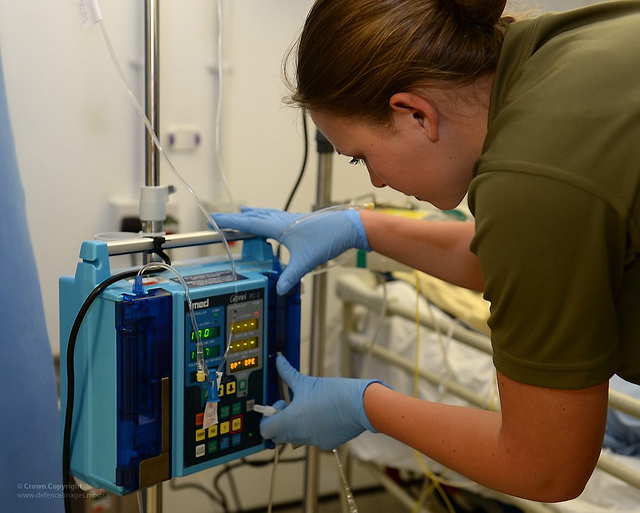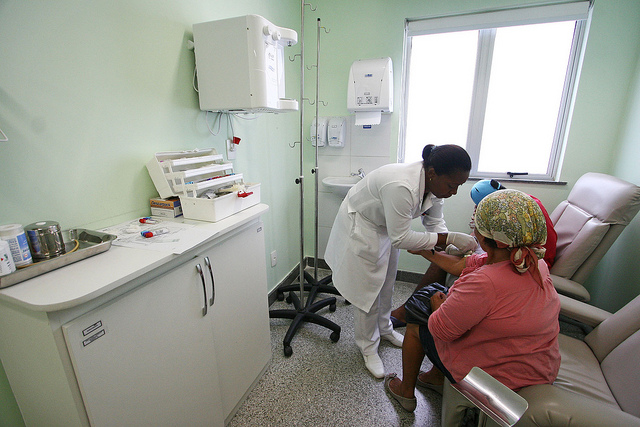
The debate over the convenience of getting a mobile device for your children, or the age at which they should have one, is nothing new. Society seems to have accepted that kids now carry smartphone sin their pockets and the apps that come with them are a lifesaver for parents who are looking for ways to keep their young ones occupied for a short period of time.
However, not all is as it seems when it comes to apps and webpages for infants. Nearly half of them arouse suspicion regarding the information that they require and how they use it, especially concerning sharing it with third-parties.
Because of this, the data protection agencies of 29 different countries around the world (USA and the EU included) have completed an investigation known as the Global privacy Enforcement Network (GPEN), whose mission is to fight for the privacy of citizens on an international level by analyzing the laws that protect them and various ways in which their privacy could be compromised.
41% of the apps and websites analyzed (nearly 1,500 in total) alarmed the investigators in one way or another. More than 61% of the apps saved the user’s information (names, addresses, etc.) and half of the apps shared this information with third-parties (public sector businesses, for example).
Some go even further and offer the underage user to enter their telephone number (22% of those analyzed) and 23% allow them to share videos or phones. Adam Stevens, a member of the British regulating service, describes these results as “worrying” and states that “The attitude shown by a number of these websites and apps suggested little regard for how anyone’s personal information should be handled, let alone that of children”
According to the investigation, 31% of these apps don’t have limits which can control the collection of user information, especially for under age users, which is alarming considering that “many organizations whose sites/apps were clearly popular with children simply claimed in their privacy notices that they were not intended for children, and then implemented no further controls to protect against the collection of personal data from the children who would inevitably access the app or site”.

Only 24% of the websites and applications analyzed promoted the involvement of parents in the activities that their children were taking part in. What’s more worrying is that 71% of the apps made it very difficult for the parent to eliminate any information that had previously been entered by the young user.
On the other end of the scale, the investigators discovered some tools that help put in place certain controls and allow for safe use, including parental control, predefined user avatars (which removes the temptation to upload names or photos), warnings that appears when an underage user tries to enter private information, and chat rooms that monitor the language being used.
This isn’t the first time we have seen a debate about the online privacy of minors. Apps related to toys are also under the spotlight and the Federal Trade Commission of the USA, one of the members of the GPEN, drew attention in 2012 to the fact that apps for infants collected information and shared it with third-parties.
More recently, Apple and Google had to pay out millions of dollars to this organization after allowing underage users to carry out purchases in their online stores over a period of years, all without requiring parental consent.
It is becoming more and more important to be vigilant of what your kids are downloading and what they are doing when they enter into these apps. You can start by taking a look at these security recommendations which will help you ensure that there are no nasty surprises later down the line.
The post 67% of apps for infants are gathering and storing private information appeared first on MediaCenter Panda Security.










